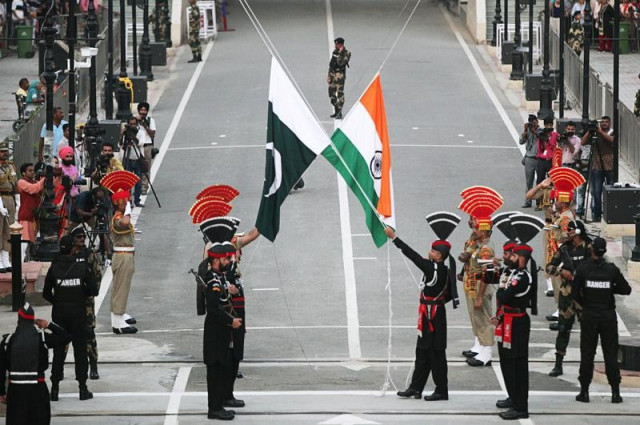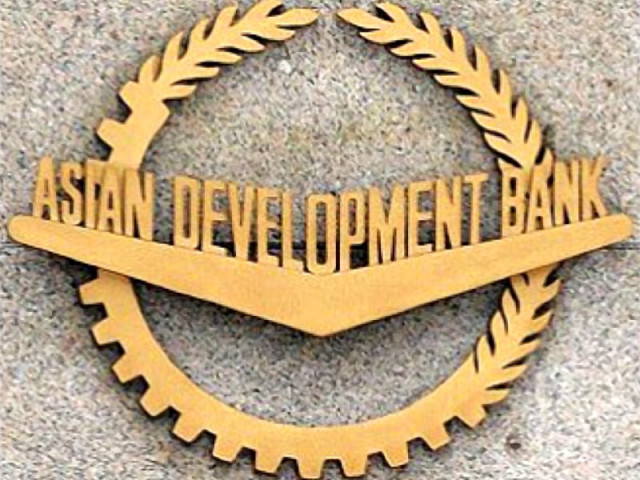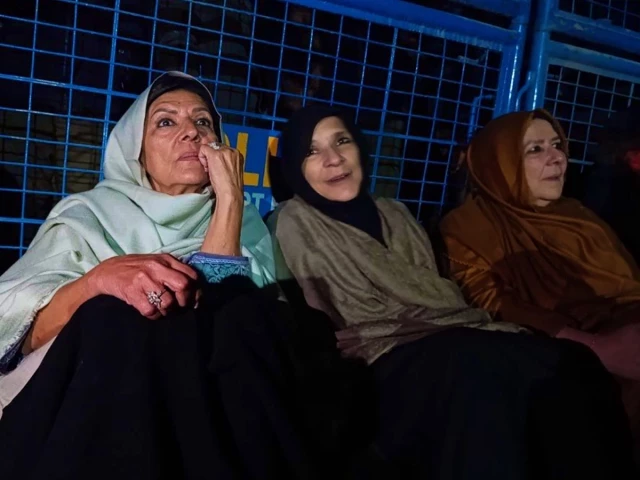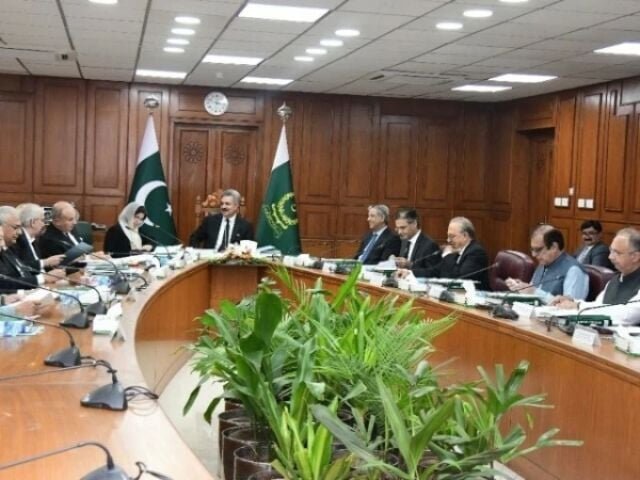India and Pakistan: Navigating Flood Warnings and Diplomatic Tensions
When it comes to India and Pakistan, communication is often fraught with tension and misunderstandings. Recently, India reached out to Pakistan with warnings about potential floods, and the way this message was conveyed has raised quite a few eyebrows. Instead of using the expected channels under the Indus Waters Treaty, India opted for a more informal approach through diplomatic channels. This decision has sparked some debate, given the historical complexity of their relations.
The Foreign Office in Pakistan noted that the Indian warning prompted the Provincial Disaster Management Authority (PDMA) in Punjab to issue urgent flood alerts. Local district administrations were directed to ramp up their monitoring and prepare early warning systems, reflecting the seriousness of the situation. Given that Pakistan just faced one of its deadliest monsoon seasons, where over 800 people lost their lives, flood preparedness is a top priority.
This diplomatic outreach comes on the heels of heightened tensions following a tragic attack in Pahalgam that claimed 26 lives. Relations soured rapidly, with India blaming Pakistan for the incident and even suspending the Indus Waters Treaty—an action that Pakistan claims is not permitted under the treaty’s stipulations. Pakistan has taken this matter to the Hague court, seeking justice, and recently celebrated a significant victory when the Permanent Court of Arbitration ruled in its favor.
Amidst this backdrop of accusations and legal battles, Pakistan has been vocal about the need for India to return to the negotiating table and honor its treaty obligations. Treaties, after all, are meant to foster trust and cooperation, particularly around shared resources like water.
What does all of this mean for both countries moving forward? Open lines of communication are crucial. Diplomacy doesn’t have to be combative; it can also pave the way for collaboration and mutual respect, especially in crisis situations like flooding.
As we reflect on these developments, it’s essential to stay informed and engaged with the complexities of international relations in South Asia. For those looking to delve deeper into this topic or connect with others on similar issues, platforms like Pro21st are a great resource to explore. They offer insights and opportunities for further discussion on pressing topics affecting our world today.
At Pro21st, we believe in sharing updates that matter.
Stay connected for more real conversations, fresh insights, and 21st-century perspectives.





